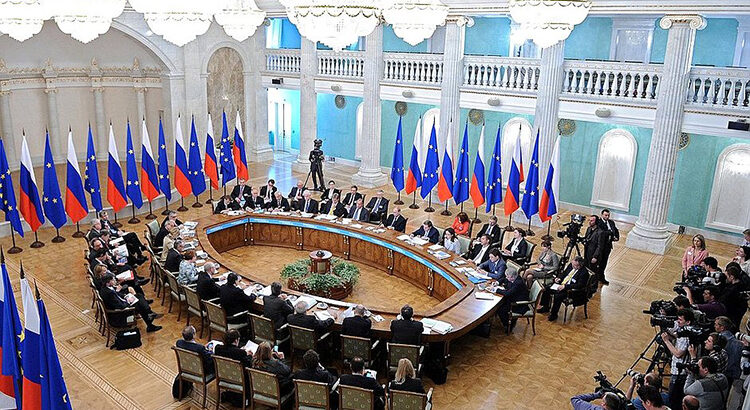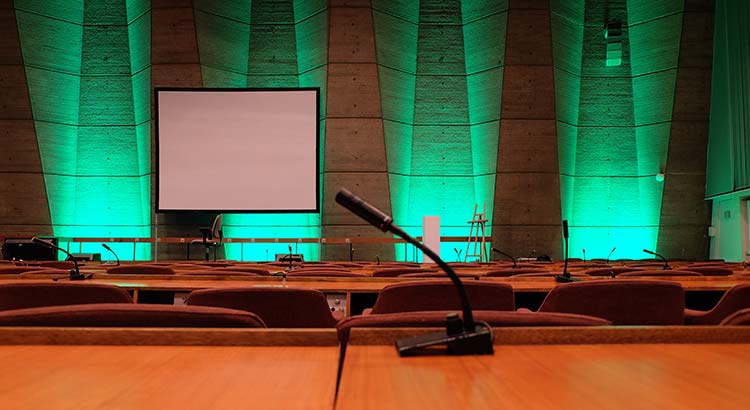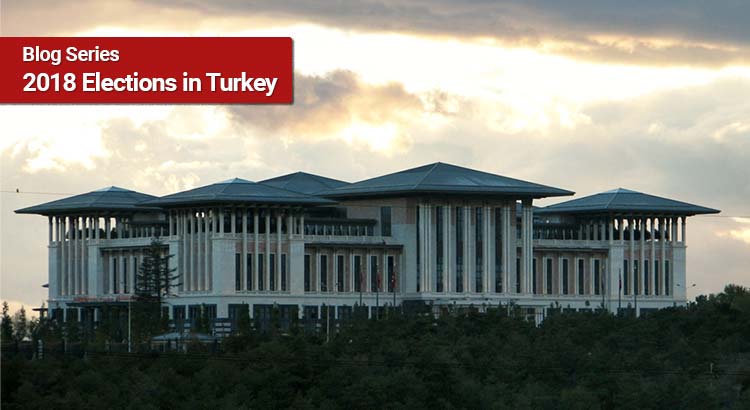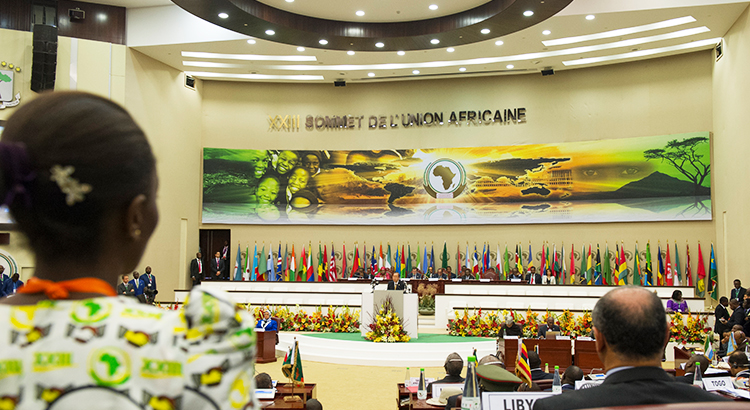Are dissociation from shared international institutions and the escalation of inter-state conflicts between involved states causally interrelated? Processes of dissociation – defined as the intentional distancing from the core rules and norms of international institutions – occur rather often and might even become a dominant feature of world politics as de-globalisation proceeds. In particular, it remains unclear whether the management of such developments can eventually lead to partial reconciliation or if tensions between the involved states are destined to increase. To answer this question, the following blog entry, summarising the results of one of the case studies of Drifting apart project, analyses the process of Ruxit i.e., the development of relations between Russia and the West after the end of the Cold War.
Schlagwort: Institutionen
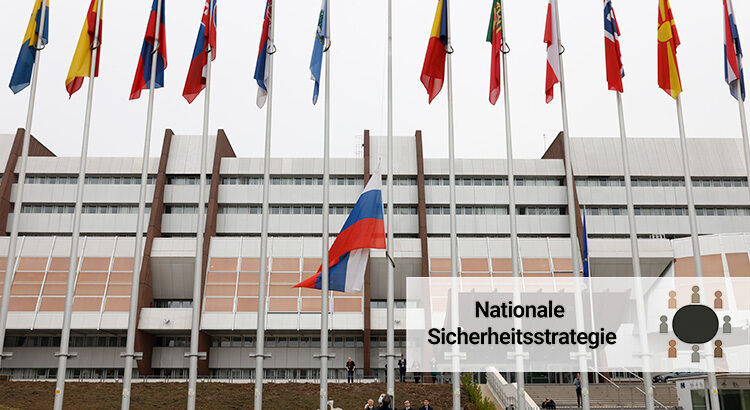
Kontrollierte Ent- und Verflechtung als Aufgabe der Nationalen Sicherheitsstrategie
In „Die große Illusion“ entwickelt der Publizist Norman Angell 1909 das Argument, dass Kriege sich für Staaten nicht mehr lohnen, weil sie durch den Handel miteinander ihren Wohlstand weit mehr vergrößern könnten, als durch militärische Eroberungen. Angell fasst damit das zentrale friedenspolitische Argument für Interdependenz zusammen: Die Förderung wechselseitiger Abhängigkeiten zwischen Staaten und ihren Gesellschaften […]

Why study democracy promotion negotiation?
Democracy promotion is a fundamentally interactive practice: it involves a complex interplay of external and local actors. In perceiving their goals, democracy promoters interact with various kinds of “local actors” and must increasingly confront the fact that local interests not only have to be taken seriously and integrated, but that a successful democratization process requires more than template models imposed from the outside. It requires discussion, dialogue and negotiation – and here comes the problem: Although most scholars acknowledge the interactive nature of democracy promotion, the interaction process itself is largely treated as a “black box” and negotiation dynamics have been somewhat unexplored. This is about to change.
Saving Multilateralism in Times of Trump: What Can Europe Do?
The Trump administration’s recent statements and actions have removed any doubt that it is set on dismantling part of the multilateral order which the United States once helped build. America’s retreat from the role of a hegemon that creates and enforces order is a problem for US allies committed to a rule-based world. What can they do to save it, and what can they learn from past episodes of US unilateralism? In this blogpost (based on a new article), we argue that even though great challenges remain, in many policy-areas the prospects of a “multilateralism minus one” have improved.
Das Ende der Türkei, wie wir sie kannten?
Die zweite Amtszeit Recep Tayyip Erdoğans als türkischer Präsident und die gleichzeitige Ausweitung der präsidialen Regierungsbefugnisse bedeutet das vorläufige Ende des parlamentarischen Systems der Türkei. Die folgenreiche Transformation erfolgte auf der Grundlage eines Referendums im April 2017 und der auf den Juni 2018 vorgezogenen Wahlen. – Wie ist zu erklären, dass eine Mehrheit für die Abschaffung von parlamentarischen Kontrollen und Rechten votierte und mit dem „nationalen Bündnis“ eine Ideologie stärkte, welche gesellschaftliche Spaltungen noch vertiefen wird? Neben den vorausgegangenen Einschränkungen des politischen Wettbewerbs und der als Alternative nicht überzeugenden Oppositionsallianz dürfte die ungebrochene Dominanz anderer als freiheitlicher Werte dazu beigetragen haben.
Gipfeltreffen ohne Pomp: Die Afrikanische Union auf der Suche nach mehr Unabhängigkeit und Anerkennung
Schwierige Themen gab es eigentlich genug auf der Agenda des 29. Gipfeltreffens der Staats- und Regierungschefs der Afrikanischen Union (AU), der am 4. Juli in Addis Abeba zu Ende ging. Weitreichende Entscheidungen blieben dennoch aus. Bald werden sich nur noch wenige an diesen Gipfel erinnern – trotzdem verdeutlichte er einmal mehr die umkämpfte Suche nach mehr Unabhängigkeit und Einheit für eine international und innerhalb des afrikanischen Kontinents anerkannte Institution.
